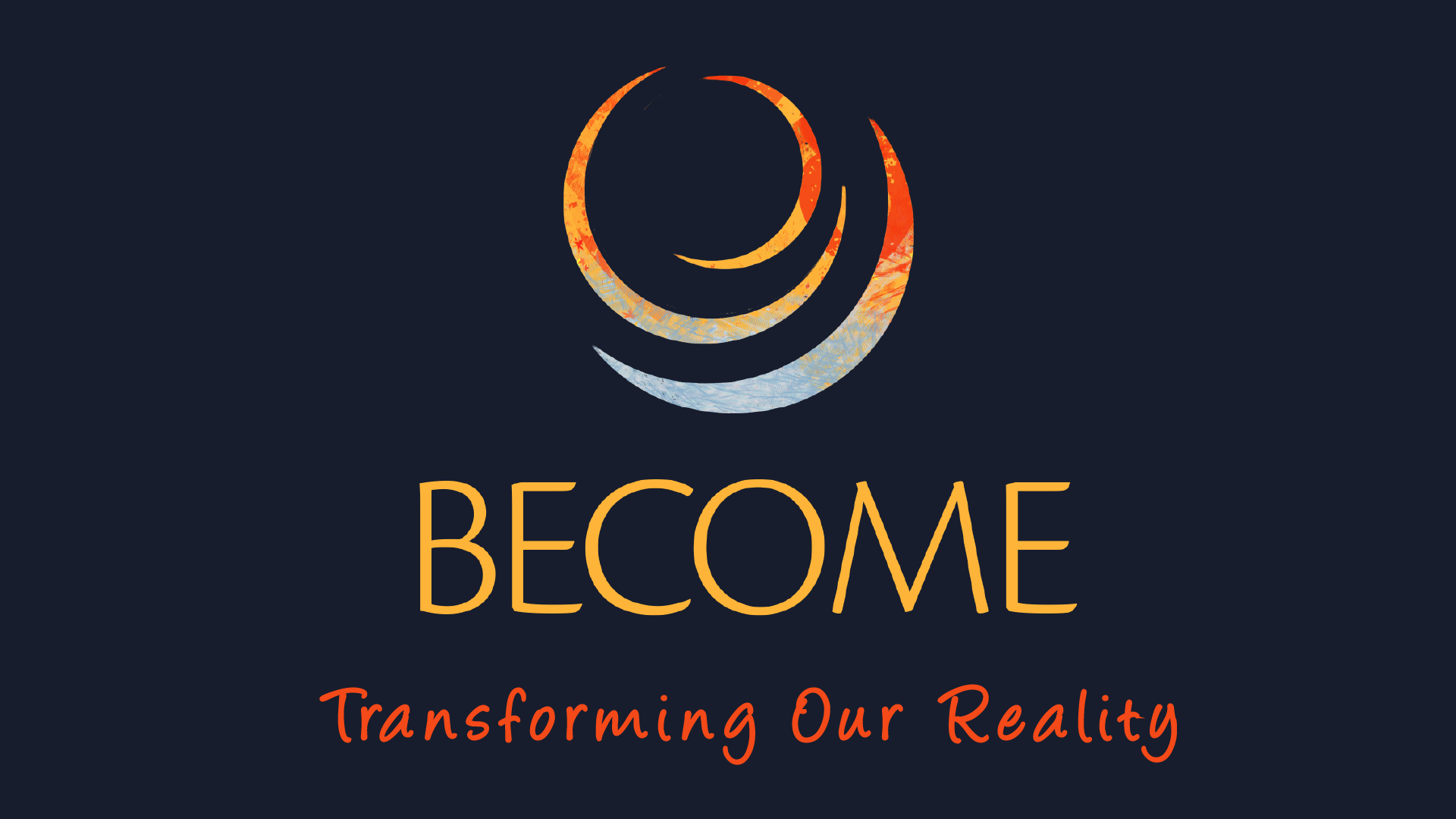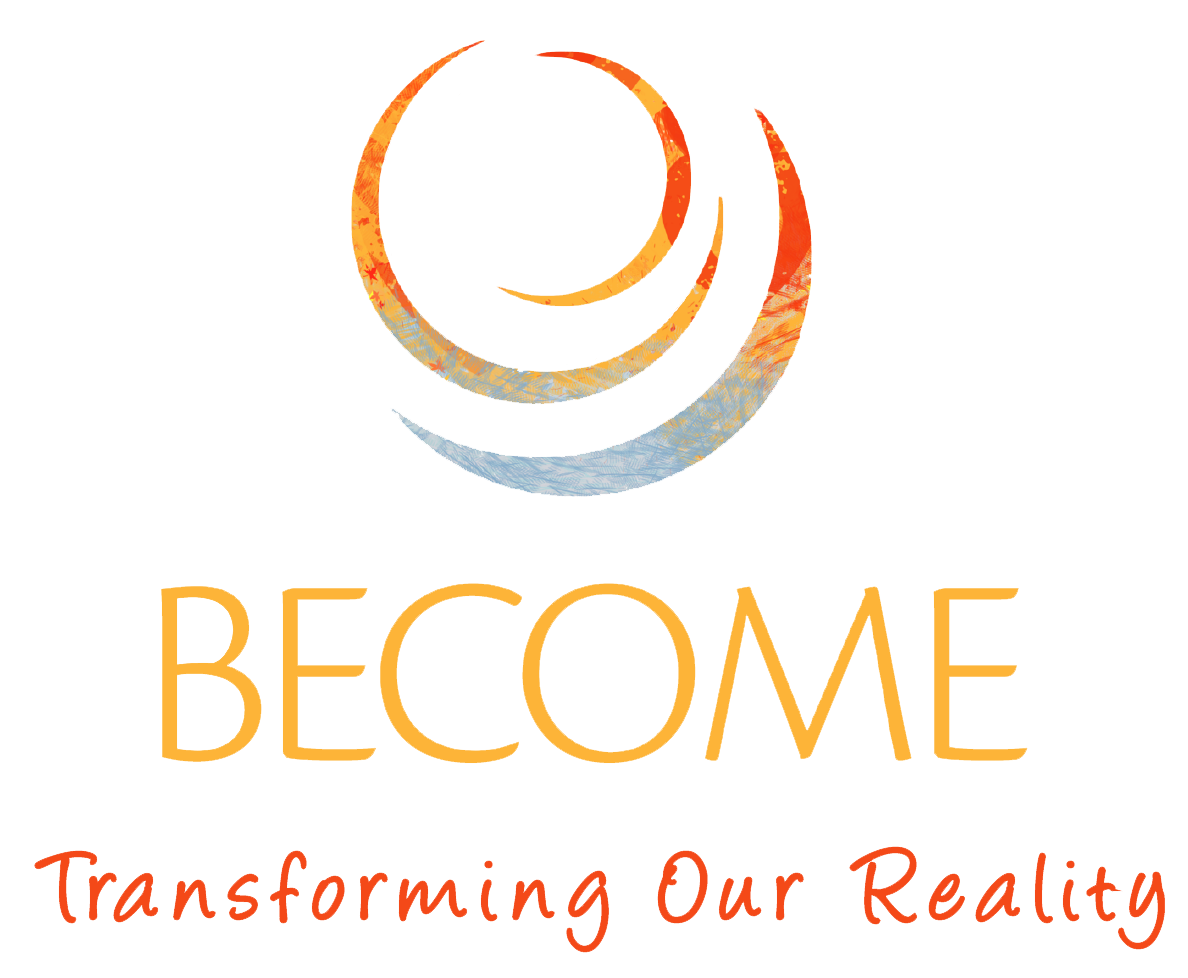This post recaps the first of 3 calls with BECOME colleagues, partners and clients from service, policy and advocacy groups. Our next Zoom meeting is April 8th at 2:30PM. If you are interested in joining us on the calls or collaborating, or want more information, please reach out to Nancy Smith, to be added to our list for this work.
Adapting to serve the community and a determination to find a path forward and work together to care for people and strengthen communities both emerged as themes from a video conference we convened March 26.
BECOME convened the call series with colleagues, partners and clients from service, policy and advocacy groups working in communications, education, health, housing, philanthropy and other fields. The goal is to pool our collective thinking around how to make sure nobody falls through the cracks amid the tragic difficulties of the coronavirus pandemic.
We began with a round of introductions in which each participant shared a bit about their work. Senior Projects and Systems Advocate, Jen LoPiccolo, shared grounding virtues. From there we moved to discussions around community needs, both immediate and in the next few months. We discussed needs from a holistic perspective – needs involved not only food and shelter but also meaningful connection and mental and emotional health resources. We then broke into small groups in which participants discussed how we are adapting to meet our missions in a time when the COVID-19 pandemic has increased the need for services and demanded we find new ways of working.
Adapting
One common theme was how much organizations have been able to adapt just in the past week. One leader described what she called “organized chaos” the past week on her hospital campus, where she has spent the past week setting up systems to support caregivers. She said that they are working from home, providing services by phone and providing virtual parent education. Another echoed the theme, saying her group has adapted its trauma-informed curriculum for parenting groups, and by week’s end they had seen 8 to 10 parents join their first virtual group.
Everyone on the call was adjusting to working remotely. The director of an agency serving predominantly Latino communities on the Northwest side said she is seeing an uptick in need for homelessness prevention subsidies. In order to minimize risk, one staff person at a time is allowed in the office to handle necessary paperwork.
Leaders from advocacy and philanthropy organizations, shared their responses such as St. Louis’ WEPOWER resource hub. Funders on the call described how they’ve been setting up emergency funding for immediate needs and converting some project-level grants to general operating grants to provide grantees with flexibility.
Next steps: Solutions, Collaborating
The call concluded with a discussion of solutions and an openness to continued collaboration in service of a common vision to provide care and support to vulnerable people and communities. We also made plans for a second call to continue this conversation.
Many on the call shared hopes and visions for a better future in which struggles against the pandemic bring communities together. There was also a lot of enthusiasm for continuing to convene periodically. As Dr. Kirk Harris of the Fatherhood Research & Practice Network put it, “Let’s figure out what our lanes are and go at it.”
Other Resources shared by the group:
Chicago COVID-19 Mutual Aid Volunteer Sign-up
Internet access to support school learning
Illinois volunteers from Serve Illinois
Teamwork Englewood resource guide
Northwest side Housing Center COVID-19 Resources
Resources for People, Parents, Students, Families, Nonprofits, Funders, Community Groups. (English and Spanish)
COVID-19 Resource List (Excel)
Resources for Chicago residents dealing with a loss due to COVID-19




